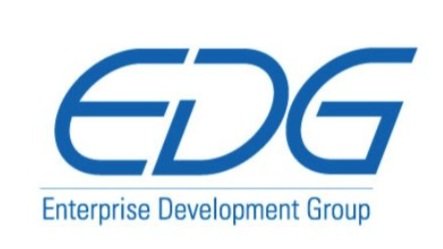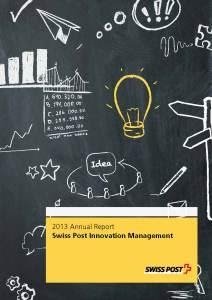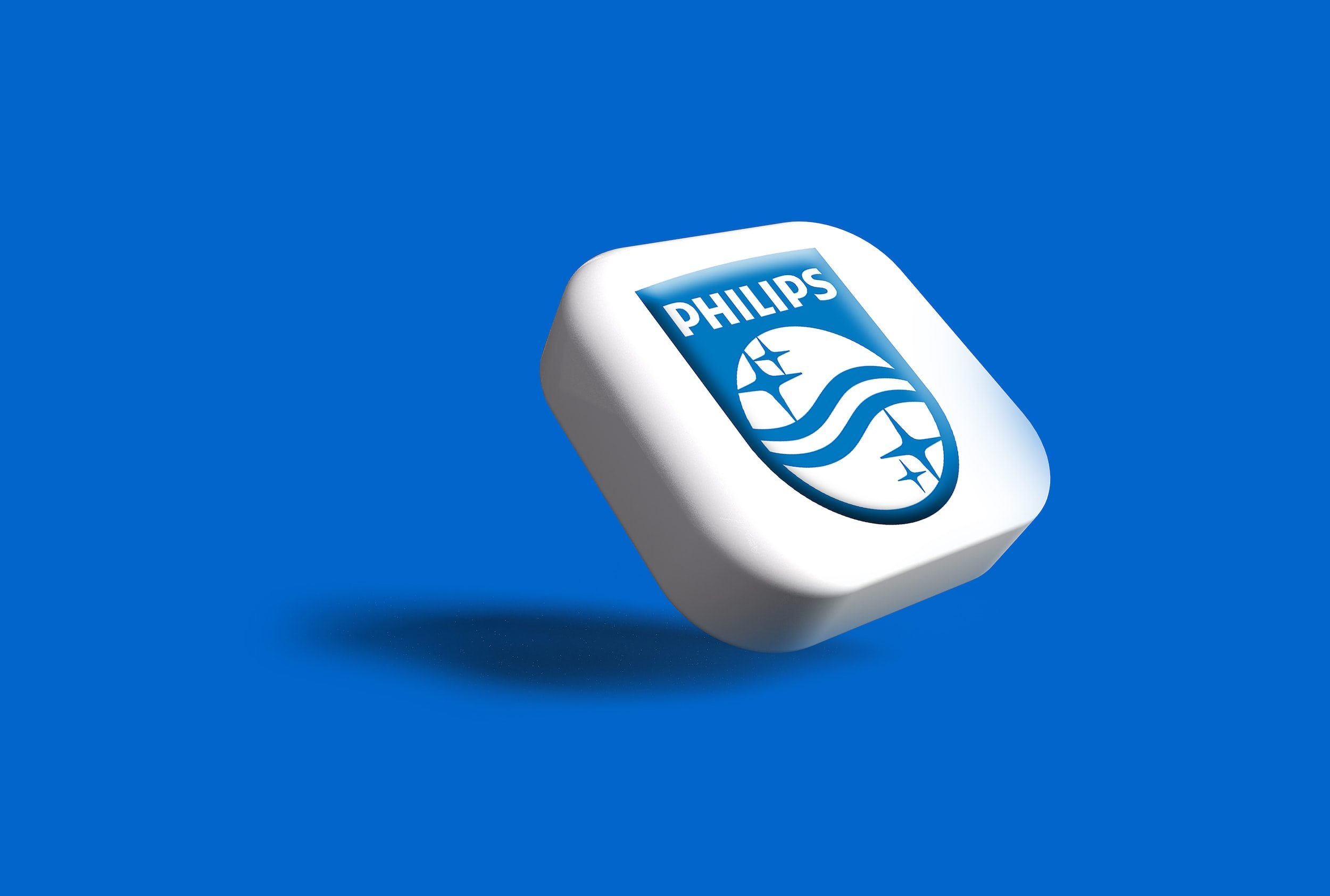Success Stories
Working with EDG, our customers gain mastery of the innovation cycle, from the first stirrings of invention through to end-of-cycle extensions into new markets. Along the way they’re reminded that innovation and imaginative change are what has made them — and keeps them — industry leaders.
Swiss Post has one of the most advanced innovation programs in Switzerland. Over the past 6 years the company has established a unique innovation architecture and processes across all business units. It includes:
The Innovation Partner Network, which connects business units, relevant start-ups, other partners and potential investors.
ActionJam, the Swiss Innovation Network that promotes exchanges among innovation specialists fro the Swiss Post and many of the most prominent Swiss companies as well as the Swiss Federal Innovation Promotion Agency.
Postidea offers a number of user-friendly instruments such as the “CO-STAR Creator” app and the “PostIdea” online innovation management platform which encourage the development and sharing of improvements and innovations by and among employees.
PostConnect allows employees to make their know-how available to others, share their knowledge, call on the experience of their colleagues and organize, manage and implement group projects independently.
Inspiring physical meeting and interaction zones which facilitate dialogue and the exchange of knowledge.
The annual “Business Innovation Day,” a fair where innovative products and services are shared with hundreds of representatives from large companies and SMEs.
For more, click on the dates for the complete Annual Innovation Management Reports 2013, 2012, and 2011.
Take a look at our work below with British Broadcasting Corporation (BBC), Panera Bread and Philips Nuclear Medicine. Read the articles “Invitation to Innovate” about our work with Texas Health Resources and “10th Floor Turnaround” about our work with Christian Hospital.
The BBC
Challenge: The BBC faced profound changes as digital devices increasingly pulled people away from traditional broadcast programming. The company’s challenge was to find new ways of delivering valued content to fragmenting and increasingly demanding audiences while keeping the faith with loyal customers who cherished its core services; its mission was to become the most creative organization in the world.
Solution: The EDG-BBC collaboration began in early 2003, when BBC executives and managers came to Silicon Valley for The Discipline of Innovation workshop at SRI. Following the workshops, EDG helped disseminate these innovation practices throughout the BBC and participated in a number of strategic thinking events to help increase awareness of and engagement with the profound changes involved in shifting from a “Public Service” broadcaster in the analog world to becoming a “Public Value” content delivery platform in the mobile-digital world. Hundreds of employees participated. EDG also helped BBC executives and managers understand the concrete implications of change for leadership.
Results: The resulting strategy for a creative future included radical new services like the BBC’s on-demand console, the I-Player, a new web strategy and an emphasis on “martini media” – anytime, anywhere, any place. The vital importance of such things as search and navigation in the on-demand world were recognized, as was the importance of commissioning content for use on multiple platforms and in perpetuity. This video about the transformation that took place in Radio 1 offers another example of how the BBC is rushing headlong into the future, embracing innovation rather than fighting it.
Panera Bread
Challenge: Panera Bread found itself at a critical developmental stage, with 400 retail locations and a plan to more than double in size over five years. Panera’s biggest concern was that the company not lose its local, neighborly character or the magic of its company culture during the aggressive growth campaign to become a national brand. The core concept of bread as comfort, belonging, connection and celebration had to be conveyed every day, by every employee, in every customer interaction. The Panera team realized that every customer interaction and transaction was actually an essential building block to a long lasting customer relationship.
Solution: Working with associates, general managers, bakers, and Support Center specialists, the EDG team examined the chronological employee journey. From first contact to recruitment, selection, hiring, orientation, training, teaming and ongoing management and development, the team refined the journey to express Panera’s unique cultural values at every turn. The journey became an integrated whole, each step carefully crafted to enhance pride, performance, and loyalty and reinforce the best of Panera’s intentions for both its employees and its customers. EDG worked with the executive team to help members understand how their actions would influence the success of the entire program. Scott Davis, Senior VP and Chief Concept Officer, recalls: “On more that one occasion we were ‘tested’ to see if the team really was in alignment with our vision. EDG helped us prepare for these challenges and use them to reinforce our resolve.”
Results: Five years later, there are more than 60,000 additional associates in over 1,000 Panera locations. Panera has established itself as the undisputed industry leader in quick casual dining, and the Panera concept, culture and neighborhood connection have never been stronger. Both associate and customer satisfaction levels are at an all-time high.
Philips Nuclear Medicine
Challenge: Having made solid gains through focus on quality improvements, Philips Nuclear Medicine wanted to grow its business and capture market share. Philips recognized that a closer connection with its customers and a deeper understanding of the technology trends that impact them would lead to the development of new products with greater customer value. The company turned to EDG for assistance with its Vital Few initiative: Innovate to Build Platforms for Sustained Revenue Growth.
Solution: EDG worked with Philips to establish a program to “Power-Up Innovation” across the entire enterprise, from new products and services to new processes and operations and to set up an innovation structure. This structure facilitated the generation, capture, selection and funding of new ideas as well as the development of incentives to encourage innovation and training sessions to build innovation capability company-wide.
Results: The Gerd Muehllehner Innovation Award, named for one of the first successful developers of a PET scanner, is now given to Philips employees for distinguished contributions through innovation. One such project began as an MRI table cost reduction exercise. Armed with new innovation tools and deep customer insights gained from patient observation in a clinical setting, the team recast the project to overhaul the entire patient handling system, collaborating in new product development with end users and Marketing. One example was the Gemini TF PET/CT scanner with its vastly improved image quality, ease of use and reliability that resulted in an extensive backlog of orders for Philips.




